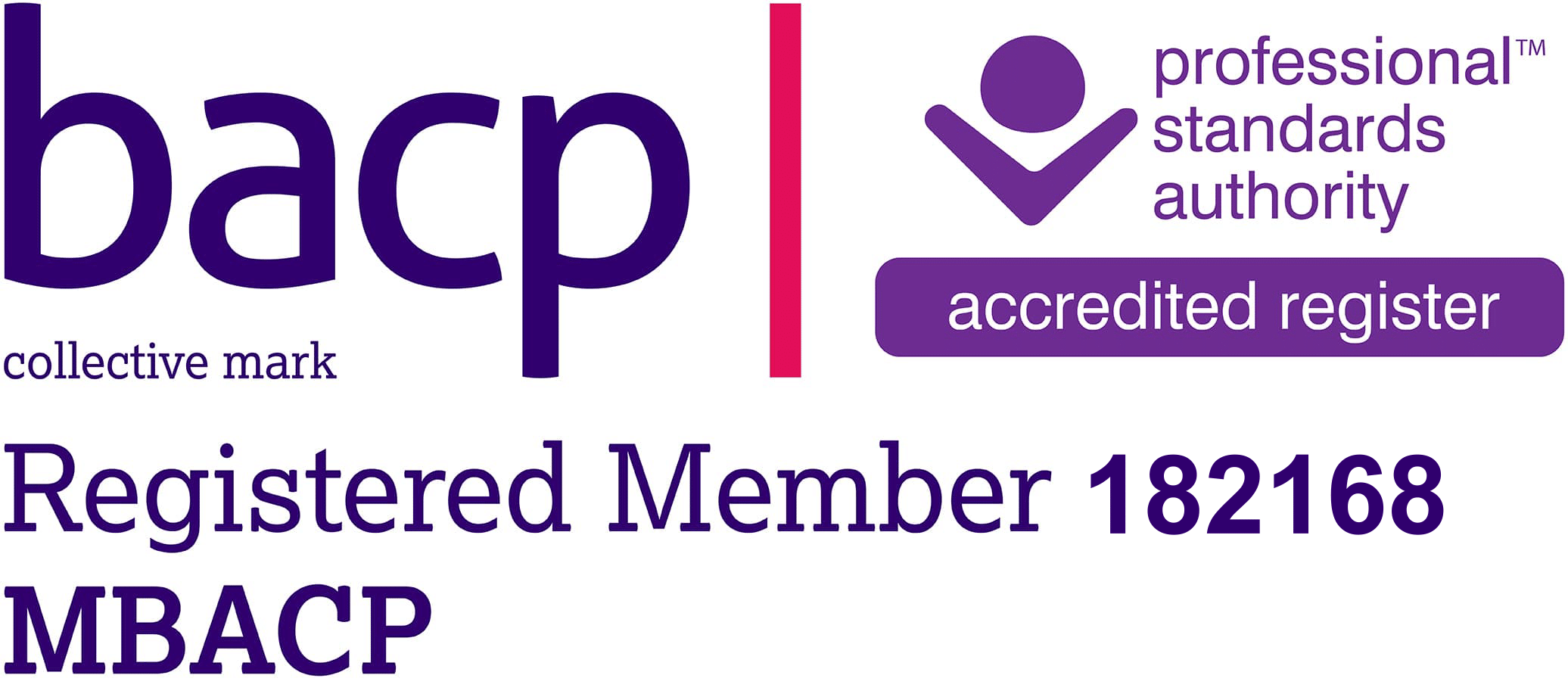I have spent a lot of my career working in teams or systems – most people do! And yet working collaboratively and efficiently is something that groups of people struggle to do well, with personalities, rivalries and unconscious biases getting in the way of cohesion. What if all that could be avoided? What if there was a way of ironing out those lumps and bumps so that teams could pay more attention to the primary task?
My leadership experience has all been within the public sector where the primary task is to care for other people. Here the lumps and bumps get even more in the way of successful work, as not only are the team contending with their own issues, but those of the clients also, or the clients’ friends and relatives or even the press. Providing people services to the general public has got to be one of the hardest things to get right, in my view. Team members have off days, Leaders have bad days, no one can get it ‘right’ all of the time, hell – the clients don’t get it right either! And we are all clients at some point of these services. We providing the services and striving for excellence are also the general public and feel entitled to good, expert services when our needs require them. Indeed, we are outraged when things go wrong.
Some of us are also outraged from within services, becoming one of the lumps and bumps ourselves: the difficult staff member, the c*** Manager that isn’t managing, the burnt-out or off-sick individual that isn’t coping with the work. C*** gets located in certain team members that are unconsciously willing to carry the load for the team, and the rest of the team blindly goes about it’s business, individually happy that that c*** isn’t theirs. But it everyone’s c***, and it can easily move. Most teams are not static, people come and go, and then there is a risk that the c*** transfers to someone else – “God forbid it’s not me!”.
There are ways of talking about what’s actually going on in these teams. There are ways of compassionately caring for the teams that are trying so hard to take care of others. Ways of looking at the work with different lenses so that we can all appreciate the ‘other’ point of view. Systemic work with teams offers a support to the individuals and the group as a whole, starting from the position that everyone is absolutely doing the best they can given the skills and resources they have, but opening up everyone’s perspective and offering this in as a tool to be utilised by the whole system gives an opportunity to consider what can be done differently and how to go about it. This isn’t a quick fix, but nor is it a luxury.








